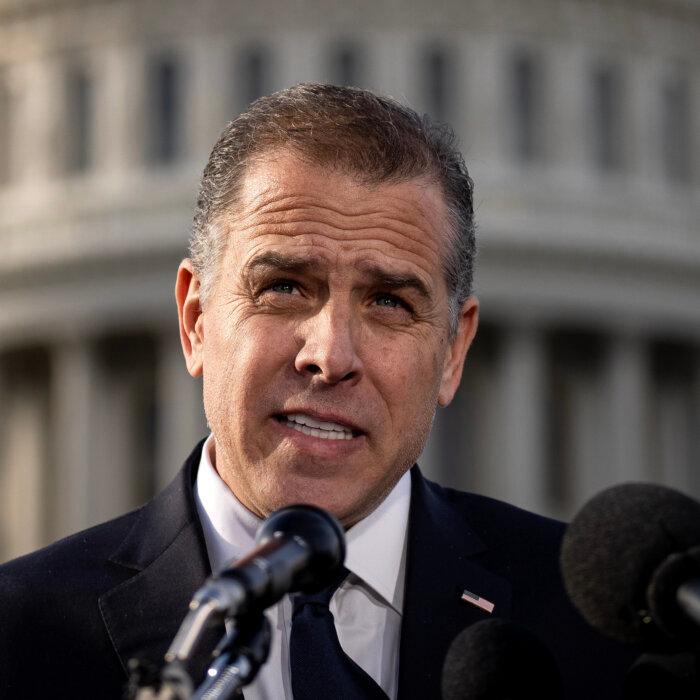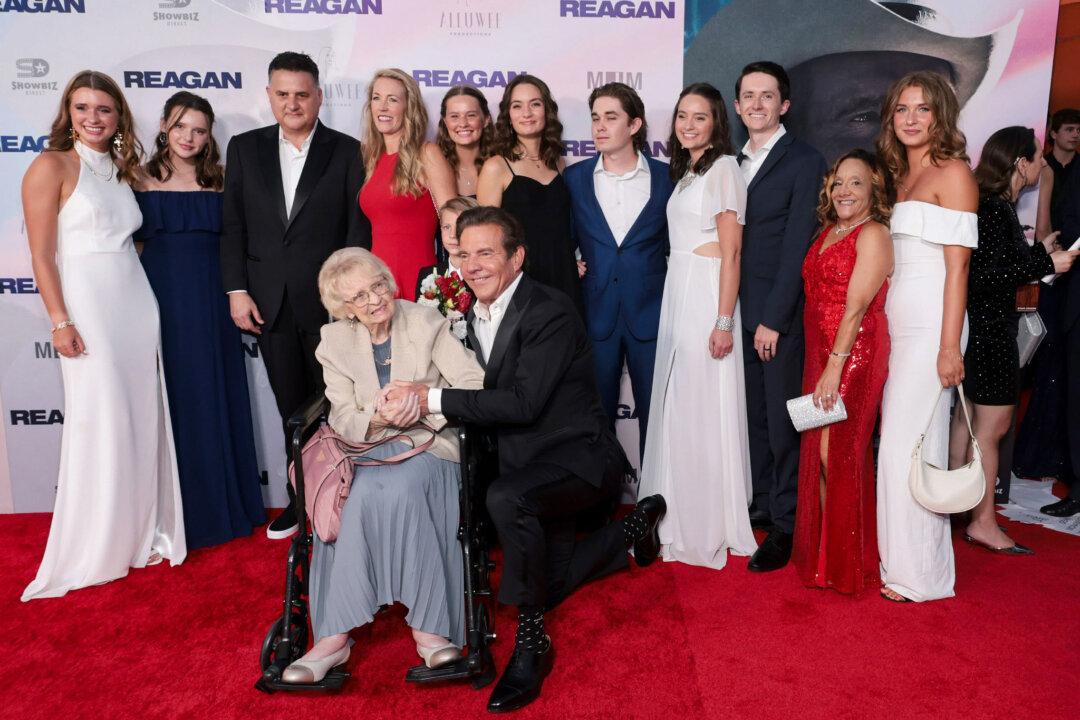In the legal saga surrounding the “Rust” case, armorer Hannah Gutierrez Reed finds herself at the center of offers for leniency and facing additional charges.
Ms. Gutierrez Reed, charged with involuntary manslaughter and tampering with evidence in connection to the death of cinematographer Halyna Hutchins, received an offer from special prosecutor Kari Morrissey last fall. The offer proposed a “favorable” outcome if Ms. Gutierrez Reed would explain how live rounds ended up on the film’s set. However, this offer came with a warning—refusal could lead to additional charges.
Ms. Gutierrez Reed is gearing up for trial next month in Santa Fe, New Mexico. The potential consequences include up to three years in prison if convicted. The case stems from the on-set shooting incident in October 2021, where actor and producer Alec Baldwin, holding a gun loaded by Ms. Gutierrez Reed, fired a live bullet resulting in Hutchins’ death.
During the investigation, questions arose about the presence of live ammunition on set, to which Ms. Gutierrez Reed responded with uncertainty, stating, “I have no idea.” Investigators have yet to determine the origin of the live rounds.
In response to what Gutierrez Reed’s lawyer, Jason Bowles, perceived as a threat, he invoked his client’s right against self-incrimination. This led to a subsequent indictment on Nov. 16, where Ms. Gutierrez Reed faced a charge of carrying a firearm in a liquor establishment, categorized as a fourth-degree felony. The indictment alleged that Ms. Gutierrez Reed brought a gun into the Matador, a Santa Fe dive bar, about 10 days after the “Rust” shooting.
Mr. Bowles, in an effort to challenge the new charge, filed a motion seeking its dismissal on various grounds. He argued that the charge was filed vindictively as a form of retaliation for Ms. Gutierrez Reed exercising her right to remain silent. Mr. Bowles stated: “That charge was solely designed to pressure Ms. Gutierrez Reed into giving up her Fifth Amendment right to silence or face felony criminal prosecution on a totally unrelated charge.”
Additionally, Mr. Bowles contended that Morrissey, as a special prosecutor, lacked authority to bring charges unrelated to the shooting, emphasizing that her salary was specifically appropriated by the New Mexico legislature for the “Rust” case. He also raised concerns about the evidence underlying the new charge, alleging an improper search of Ms. Gutierrez Reed’s phone, which was turned over to investigators with the understanding that the search would be limited to information relevant to the shooting.
One motion aims to exclude evidence related to Ms. Gutierrez Reed handing keys to an intoxicated individual (her then-boyfriend) who later died in a motorcycle crash over a year before the “Rust” shooting. The defense argues that these events are irrelevant to the case at hand, stating, “The facts of this motorcycle accident do not have a tendency to make a fact of consequence in determining the outcome of the instant case more or less probable than it would be without the evidence.”
Furthermore, Ms. Gutierrez Reed’s legal team anticipates potential bias in the jury pool due to the extensive media coverage surrounding the case, stressing this during a hearing in August 2023. They have requested the court to add a question to potential jurors about their exposure to media reports on the “Rust” incident, aiming to ensure a fair and impartial jury.
The Epoch Times reached out to Mr. Bowles for comment, but did not receive a response by publication time.







